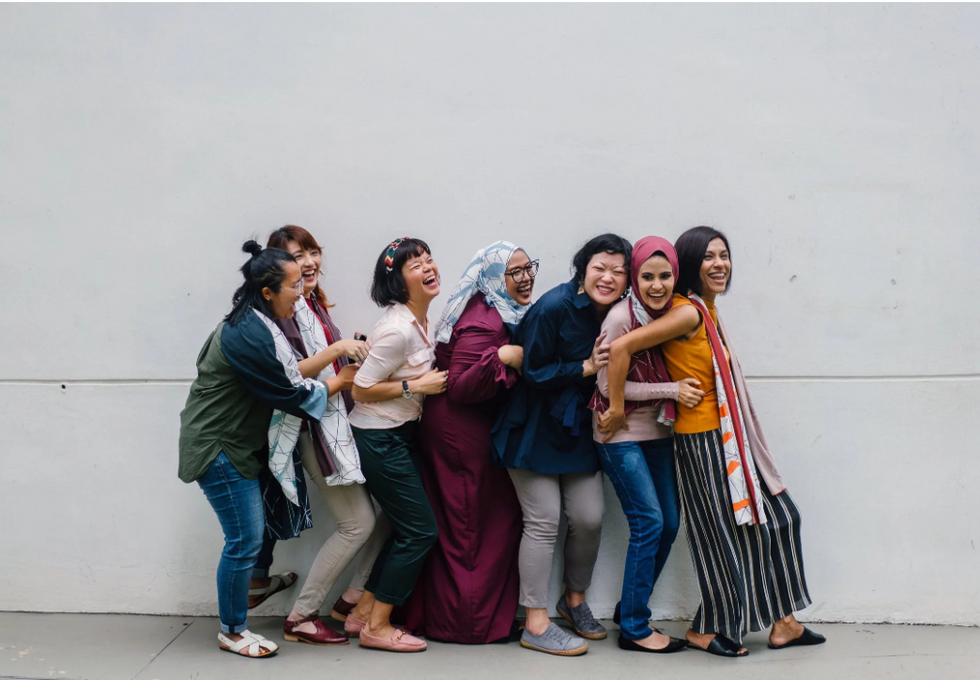Hello! My name is Ila. Let me tell you a little about myself. Mathematics is my favorite subject, along with chemistry, and I really enjoy working on STEM-related things. I play four instruments, and my favorite among all of them is the violin. I get great grades, and I'm in a variety of clubs. I don't have time to hang with friends because my Indian tiger parents think it is a distraction from my goals and ambitions.
Now, what if I told you that I was joking?
In fact, everything that I just said to describe myself isn't true.
In reality, my favorite subjects are Social Studies and Language Arts, where Math and Science are my least favorites. I have no interest whatsoever in pursuing a career that is STEM-related because that is not my passion. In reality, I do play four instruments, but it's because I sincerely enjoy music. In reality, my parents are not tiger parents in the least bit.
In reality, I am not your Indian girl stereotype.
What is a stereotype? By dictionary definition, it's defined as "a widely held but fixed and oversimplified image or idea of a particular type of person or thing." When you think of a stereotype, do you associate it with something positive or negative? Often, most stereotypes have a negative connotation.
How do stereotypes play a role in your everyday life? How do stereotypes affect your perception of reality and the people in your life? How many relationships have you lost or never had because of stereotypes, or the preconceived notions that society has instilled in our everyday mindsets? When you see someone walking down the side of the street, do you judge them based on how nice you think they are and how good of a person they are, or do you judge them based on the stereotype that society classifies them as?
The boys wear blue.
The girls wear pink.
Women are bad drivers.
Asians only care about grades.
Blondes are dumb.
Women belong in the kitchen.
Some of these stereotypes seem pretty extreme, but the truth is that these are just some of the many, many stereotypes that play a huge role in our everyday lives. These preconceived notions about people we most likely have never had an actual conversation with the effect so much.
How we approach or respond to certain situations can change attitudes and preconceived notions that people hold, making them more mindful. The term "unconscious bias" suggests we may not even be aware of the assumptions we've made, or how those assumptions might impact those who cross our paths. Having a conversation can not only enlighten someone else's thinking but also may further our own awareness.
Stereotyping is an insidious process. Mental categories and labels are necessary if we are to cope with the fast-paced world around us. Without stereotypes, we would have to learn each day what fire-fighters do, how to behave at a funeral or what foods to eat for breakfast.
But categorizing is dangerous too. Stereotypes can become too rigid and when there is no room for growth the label becomes stifling, both for the individuals who are labeled and for the category itself. The challenge is to keep an open mind even for the most solid "givens."
So let me ask you now: how do YOU feel about stereotypes? I think it's time for us to work together to put a stop once and for all on judging people by how they look like, or how society classifies them as. After all, you should never judge a book by its cover.









































